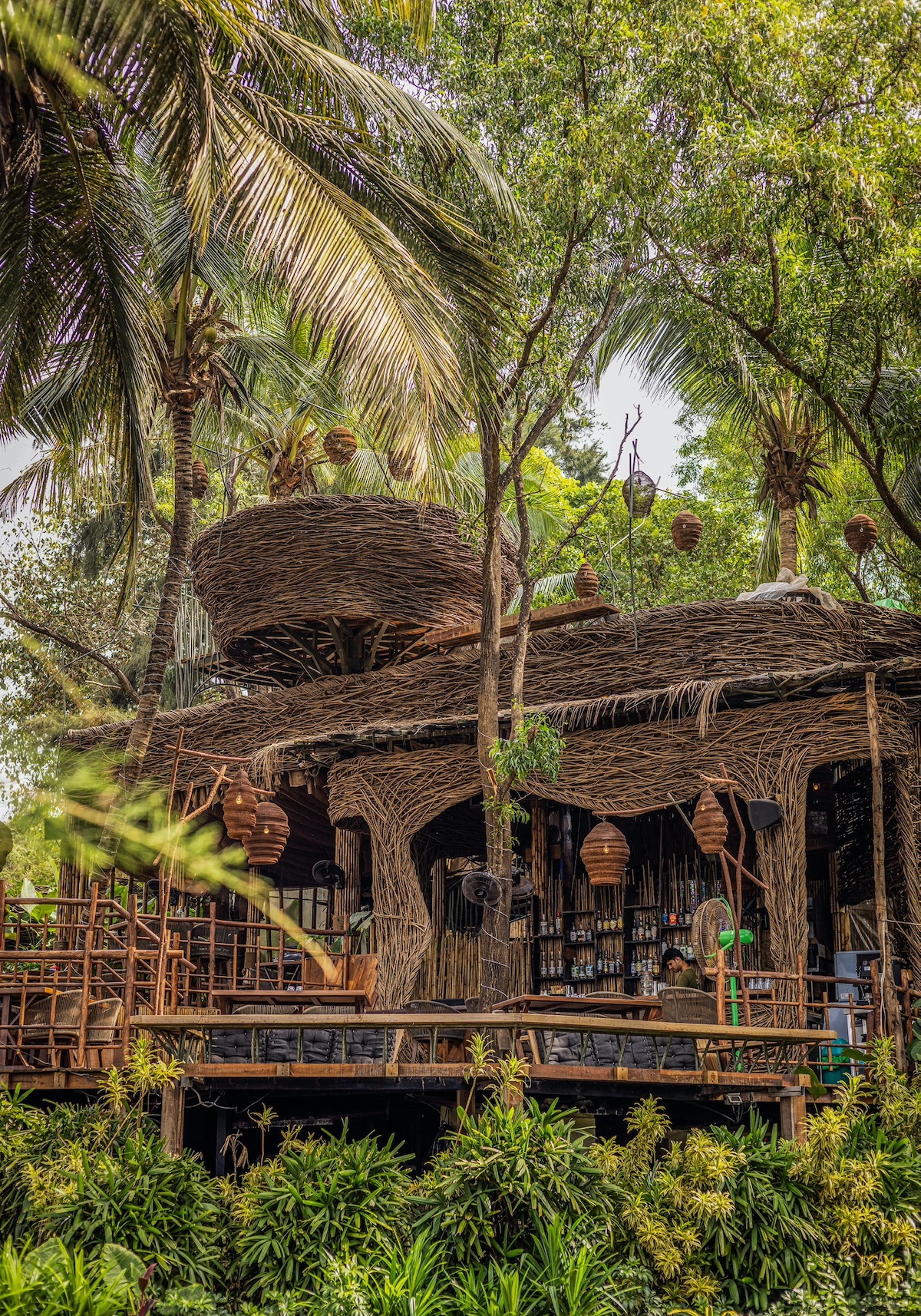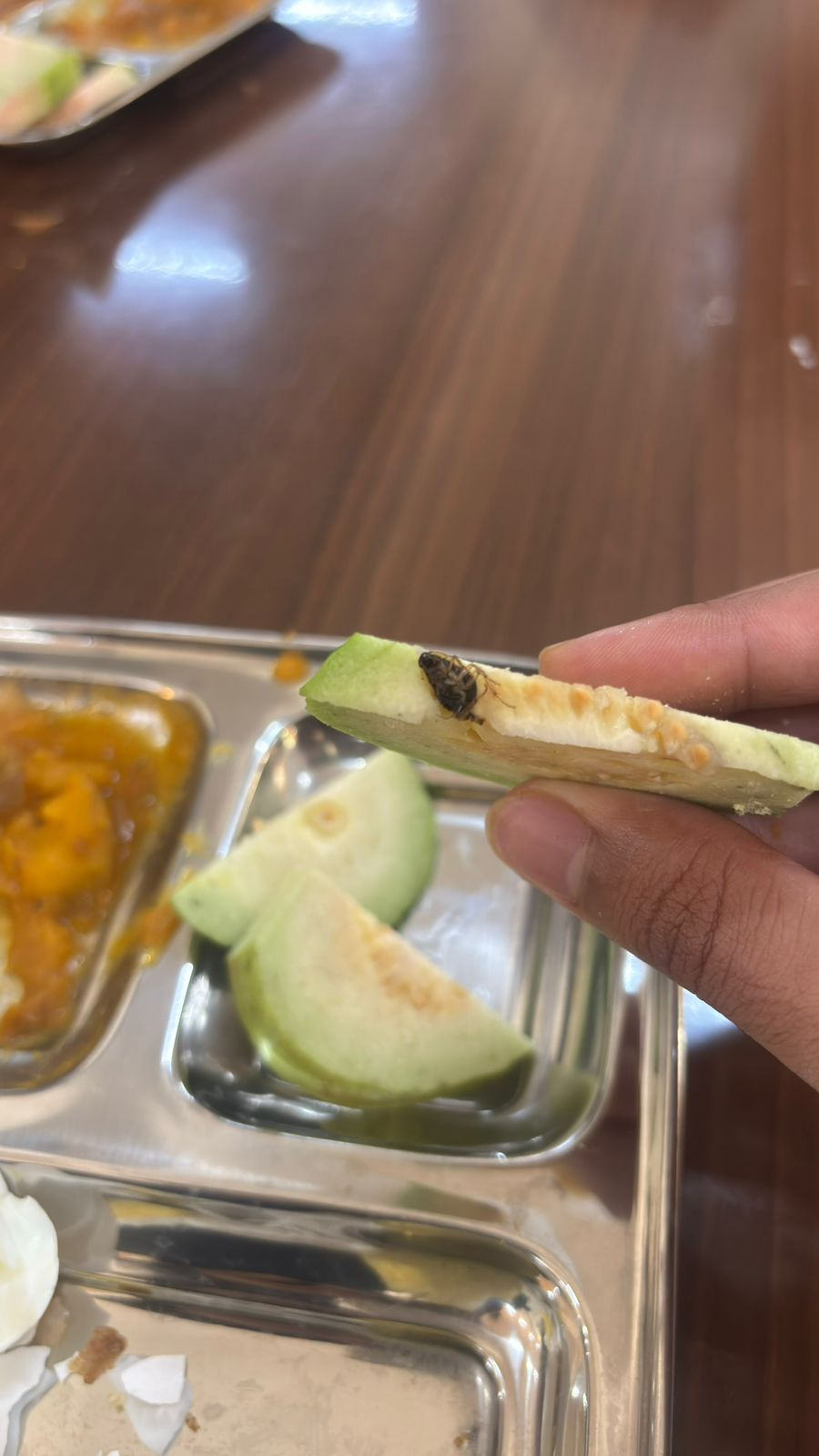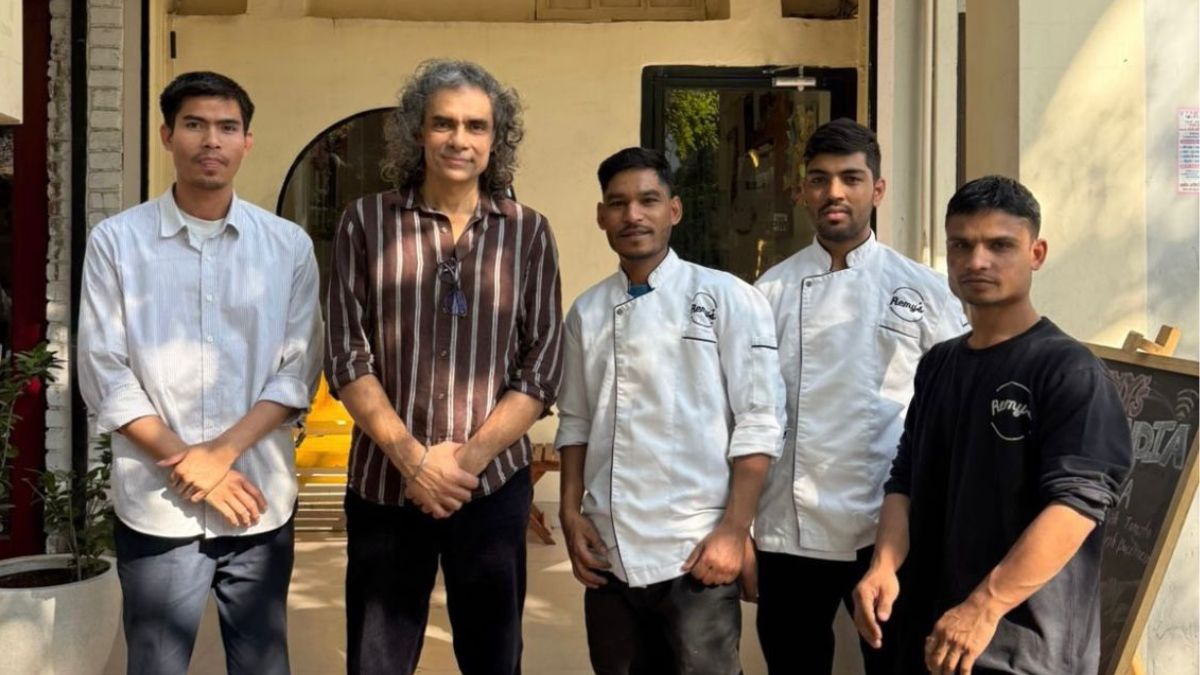In the small hamlet, I hail from Dehradun where words and phrases like 'plant-based' 'alternative protein' or 'vegan cheese' were alien concepts a decade back. The same was true in most regions of India. Fast forward to today, and I'm sitting at a quaint little cafe offering vegan pizzas, tofu butter masala and coconut milk cappuccino. There's been a visible change not just in the range of food choices in my community but throughout India's (roughly) $30 billion food industry too.
So, what's the deal with this sweeping trend that's taking India's food industry, food-tech startups, and investors by storm? And what has it got to do with World Food Day, celebrated on October 16 every year to commemorate the founding of the United Nations Food and Agriculture Organization and its anti-hunger and food security mission?
The simple answer is that it's a shift in public attitudes and values that's been powerfully influenced by consumer behavior and conscious eating habits. More than ever, consumers now want to eat healthier food - for themselves and the planet. Reports suggest that there's been increasing curiosity about alternative proteins and plant-based diets-and a greater willingness to experiment with them, especially after the pandemic. And the HoReCa (Hotels, Restaurants, and Cafes) industry has moved swiftly to tap into this lucrative trend and meet the demand.
Also Read: Weight Loss: Add These Protein-Rich Snacks To Your Plant-Based Diet

From launching all-vegan menus to offering plant-based ingredient alternatives in traditional dishes - cafes and restaurants in tier I & II cities like Delhi, Dehradun, Rishikesh, Chandigarh, Hyderabad, and Bangalore are bringing sustainability to the table. Recognizing the positive public health and animal welfare benefits of this shift, Humane Society International/India, works to support food businesses and culinary institutions through our culinary training, advice for recipe development, and educational awareness outreach. In 2020, Dehradun's Maya A Cafe committed to replacing 30% of its meat, dairy, and egg-based menu items with delicious plant-based dishes by 2022. More recently, the Salvus Hotel Group in Rishikesh committed to replacing 30% of its animal-based dishes with plant-based alternatives in an effort to reduce animal cruelty. Other cafes in Dehradun that have also joined the global movement toward serving more plant-based dishes are 3 Pine Cafe, Dreamhouse Cafe and 70 Percent Cafe.
I feel lucky in being able to see and taste the change, in menus and perspective, in my hometown. Mock meat keema pao, tofu bhurji, tofu butter masala, vegan tacos, coconut milk latte, coconut cappuccino, and more delicious offerings are now available at a host of cafes and restaurants in Dehradun. As more restaurants and cafes add plant-based offerings to their menus throughout the country, an ever-growing number of Indians and others will have more chances to try this new generation of plant-based food, which is cruelty-free, tasty, nutritious, and highly appealing on the ground of health, environmental concern or compassion for animals.
The surest sign that plant-based food is the future is the recent market report projecting that India's plant-based industry will reach $450 million in the next five years. In addition to the restaurant sector's early adopters, hospitality schools and culinary institutes are also laying the foundation for this burgeoning market shift. The Institute of Hotel Management, Chandigarh University, has organized plan-based recipe competitions, and the Ambala Institute of Hotel Management has added plant-based cooking classes to its curriculum and is committed to organizing regular plant-based culinary training programs for its students.
World Food Day celebrates collective action directed at improving food security and the well-being of billions of people throughout the world. The plant-based shift in India bears all the markings of good collective action, based on public demand and consumer preference and the power of the marketplace to strengthen and support positive trends in food production and consumption, trends that are good for people, for animals, for the environment and for global food security, and trends that we can and should celebrate every day.
Reference in this article to any specific commercial product or service, or the use of any brand, trade, firm or corporation name is for the information of the public only, and does not constitute or imply endorsement by HSI/India or any of its affiliates of the product or service, or its producer or provider, and should not be construed or relied upon, under any circumstances, by implication or otherwise, as investment advice.
About the author: Siddharth Sharma is an assistant manager (institutional meat reduction) at Humane Society International/India. He works extensively with the food businesses in India enabling them to make a plant-based transition in their menus and businesses.
Disclaimer:
The opinions expressed within this article are the personal opinions of the author. NDTV is not responsible for the accuracy, completeness, suitability, or validity of any information on this article. All information is provided on an as-is basis. The information, facts or opinions appearing in the article do not reflect the views of NDTV and NDTV does not assume any responsibility or liability for the same.










